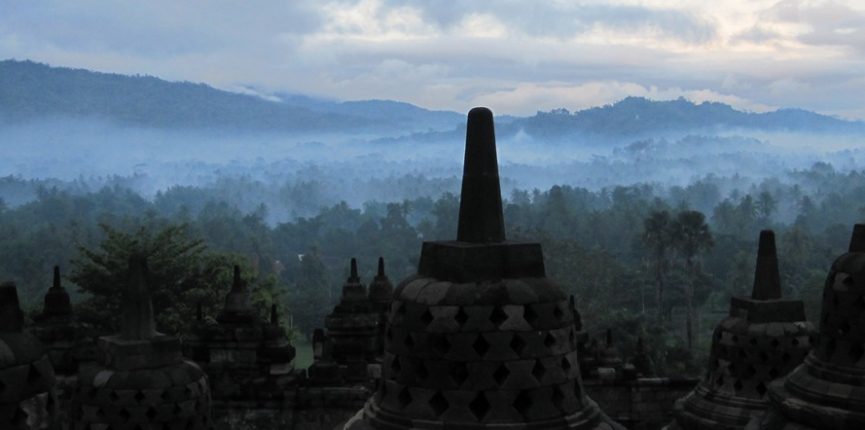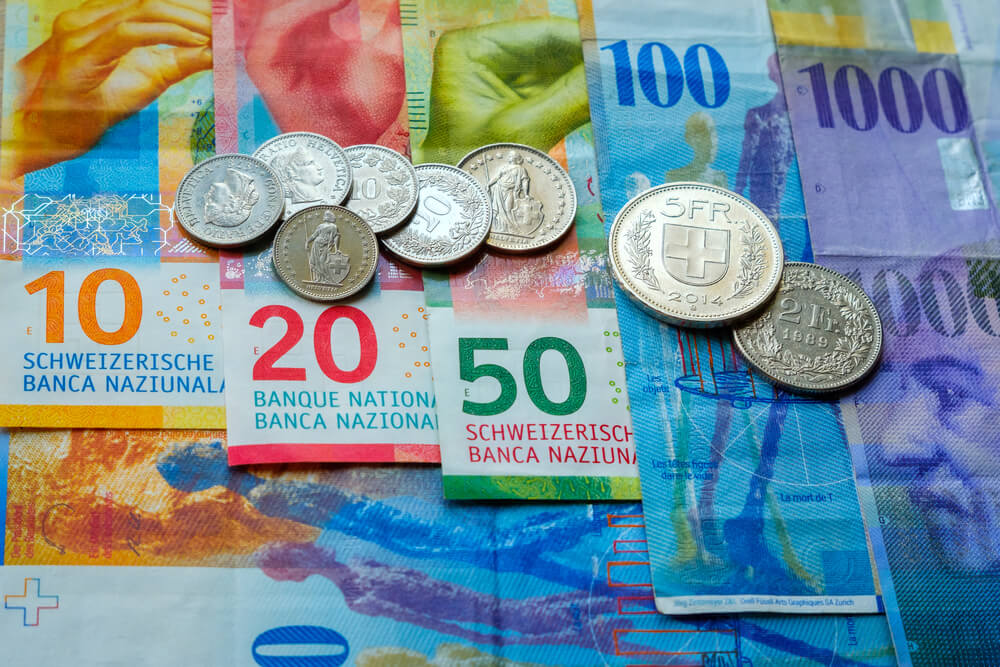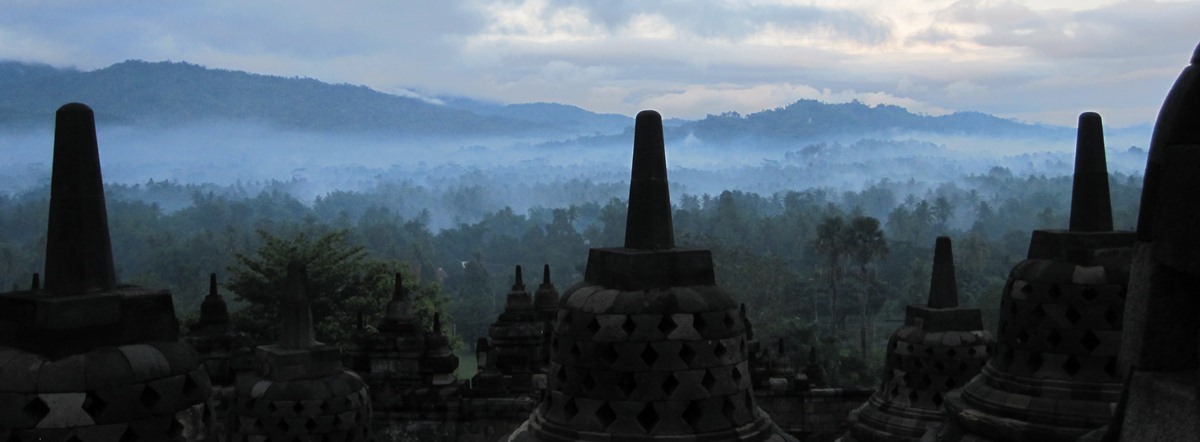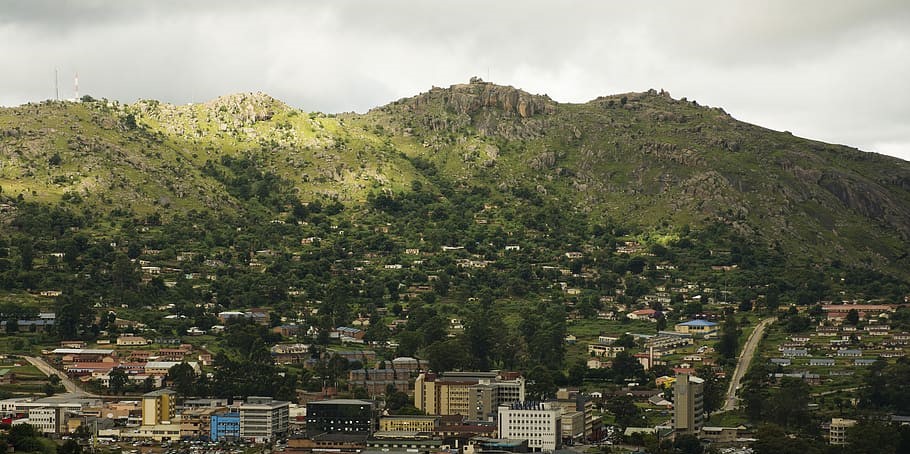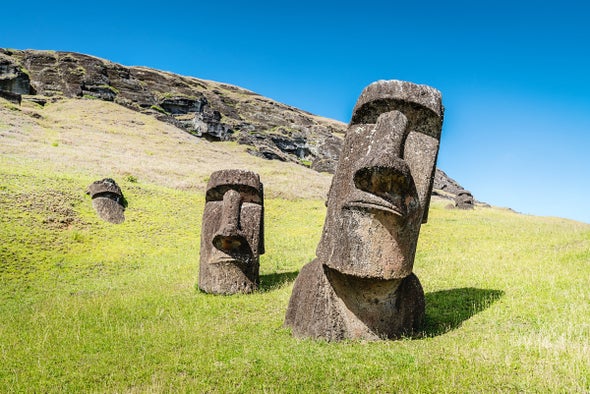In the spirit of completeness, I am reposting this commentary from February 2021. With a few big votes coming up in June, additional commentary will be added shortly. The original German write-up follows below.
ARE YOU AN OPTIMIST?
On March 7th, voters in Switzerland will get to decide whether the free trade agreement the government has negotiated with Indonesia should come into force. Proponents, including the Federal Council and Parliament, say trade is positive for everyone and environmental protection is included in the agreement; a novel approach that can and will be expanded upon. Opponents disagree, specifically concerning the tariff reduction on palm oil. In the production of palm oil, which Indonesia produces and exports on a large scale, primary rain forest is often cleared dozens of square miles at a time. It is an ecological calamity of barely comprehensible dimensions. Palm oil can actually be grown in a sustainable way, but this happens rarely and is not generally enforced by the state. A kind of ‘certified organic’ label was introduced for palm oil, which excludes any palm oil produced on the basis of deforestation. In the agreement the Swiss are voting on, it is stated that only such “certified organic palm oil” can benefit from the tariff reduction. The issue is whether this certification delivers what it promises. It’s not an easy question. The World Wildlife Fund supports the agreement. Greenpeace is against it. The clause to ensure the sustainability of palm oil is an interesting and possibly path-breaking innovation, but in its current form it is not strong enough, its implementation will remain difficult and therefore the issue remains problematic.
The question Swiss voters have to grapple with, however, goes even deeper. In Switzerland, we generally assume that state institutions have the will and the power to constrain economic actors, if doing so is necessary for the protection of the public interest (e.g. environmental protection). In Indonesia, the opposite is usually the case: it is the economic actors who constrain state institutions, including replacing their leaders, if doing so is necessary for the protection of their private interests. From our point of view, it is opposite world, difficult for outsiders to fully grasp or assess. This was also the case for me when I was leading the World Bank’s private sector development program in Indonesia for three years (2012-2015). The capital city itself embodies ample evidence of just how precarious the situation is. Although Jakarta is subsiding by up to 10 cm per year due to the weight of the newly constructed, ever larger residential- and office buildings and the dropping level of the groundwater table – at this point half of the city is below sea level – construction projects and groundwater withdrawal continue unabated. The government has neither the power nor the will to stop the actions that are driving this disastrous development. In the past few years, the state institutions in Indonesia lost more of their independence and ability to intervene, including vis-à-vis the powerful association of palm oil producers. During my time there, representatives of the association tried to explain to me, officially with a glossy brochure and polished presentation, how important palm oil production was for environmental protection in Indonesia. Only thanks to palm oil plantations, so the argument went, can soil erosion be prevented in areas where the primeval forest has suddenly (and, it seemed, inexplicably) disappeared. Not a word about the fact that much of the deforestation was carried out specifically for the later cultivation of palm oil. Government officials were present and did not object to this line of argument. Months passed before I was slowly able to navigate an environment that, to my senses, seemed steeped in its own absurdities.
How should the Swiss electorate assess a treaty with a state that is clearly dominated by private interests? Is the best answer to strengthen economic ties? On this question, I used to be unequivocally an optimist. Exchange of goods and ideas is positive. Such belief was a near-prerequisite in my job. These days, I am more skeptical. When I hear the oversimplified, boilerplate arguments extolling the virtues of free trade and corporate responsibility, I don’t hear insights. I hear self-serving hypocrisy. On the other hand, absolutist demands for adherence to our own sense of right and wrong doesn’t advance the discussion – or the world – any further. It is indeed the small steps forward that are important, even as they are often frustratingly small and partial. The palm oil certification that is part of the proposed free trade agreement is not sufficiently strong in its current form. Close monitoring, ongoing pressure from environmental organizations, and consumer mobilization and information will continue to be crucial. Nevertheless, the initial introduction of sustainability rules in such an agreement matters, even if the rules are not (yet) convincing. It is overdue to identify, highlight and discuss the responsibility of Swiss consumers for importing goods and the damage the production of such goods incurs in far-off places. Just as important, however, is to highlight consumers’ ability to influence production processes abroad. We are only at the beginning of this debate and should address other urgent issues like climate change in a similar fashion. For these reasons, I advocate voting ‘yes’, in favor of the free trade agreement, combining such approval with ongoing, resolute vigilance and cautious optimism.
Dr. Connor P. Spreng
February 23, 2021
-=-=-=-=-=-
Deutsche Originalfassung
Kommentar
Sind Sie Optimist?
Am 7. März stimmen wir darüber ab, ob das Freihandelsabkommen mit Indonesien in Kraft treten soll. Die Befürworter, inklusive Bundesrat und Parlament, sagen Handel ist positiv für alle und der Umweltschutz ist beim Abkommen berücksichtigt; ein Novum, auf dem aufgebaut werden kann. Die Gegner sagen Nein, insbesondere zur Zollreduktion beim Palmöl. Zum Anbau von Palmöl, welches Indonesien in grossem Stil produziert und exportiert, wird immer wieder quadratkilometerweise Urwald gerodet. Eine ökologische Katastrophe von kaum fassbaren Dimensionen. Palmöl kann zwar nachhaltig angebaut werden, jedoch geschiet das nur zum (kleinen) Teil und wird vom Staat nicht durchgesetzt. Eine Art ‚Bio‘ Zertifizierung wurde eingeführt, für Palmöl dessen Anbau nicht auf Waldrodungen aufbaut. Im Abkommen, über das wir abstimmen, wird festgehalten, dass nur solch zertifiziertes „Bio-Palmöl“ von der Zollreduktion profitieren kann. Die Streitfrage ist, ob diese Zertifizierung hält, was sie verspricht. Es ist keine einfache Frage. WWF befürwortet das Abkommen. Greenpeace ist dagegen. Die Klausel zur Sicherstellung der Nachhaltigkeit des Palmöls stellt zwar eine interessante und möglicherweise zukunftsweisende Innovation dar, aber sie ist in der jetztigen Form zuwenig stark, die Durchsetzung bleibt schwierig und damit das Thema problematisch.
Das Problem mit der Abstimmmungsvorlage geht aber noch tiefer. Grundsätzlich gehen wir in der Schweiz davon aus, dass staatliche Institutionen, wenn nötig, die wirtschaftlichen Interessen und dessen Akteure zum Schutz des öffentlichen Interessens (z.B. des Umweltschutzes) in die Schranken weisen können. In Indonesien ist meist das Gegenteil der Fall: es sind die wirtschaftlichen Akteure, die staatliche Institutionen in die Schranken weisen. Aus unserer Sicht ist es eine verkehrte Welt, die für Aussenstehende schwierig einzuschätzen ist. So auch für mich, als ich drei Jahre (2012-2015) in Indonesien das Privatsektorförderprogramm der Weltbank leitete. Die Hauptstadt selbst gibt Hinweise auf eine prekäre Situation: Obschon Jakarta wegen des Gewichts der neuen, immer grösseren Wohn- und Bürohäuser und wegen des absinkenden Grundwasserspiegels bis zu 10 cm pro Jahr sinkt – mittlerweile ist die Hälfte der Stadt unter dem Meeresspiegel –, wird ungebremst weiter gebaut und Wasser abgepumpt. Dem Staat fehlen die Kraft und der Wille diese krasse Fehlentwicklung zu stoppen. In den letzten paar Jahren haben die staatlichen Organe in Indonesien weiter an Durchsetzungsvermögen verloren, auch gegenüber der mächtigen Vereinigung der Palmölproduzenten. Damals hatte diese mir, ganz offiziell mit Hochglanzbroschüre und Präsentation, zu erklären versucht, wie wichtig Palmölproduktion für den Umweltschutz in Indonesien sei. Nur dank Palmölplantagen könne Bodenerosion in Gebieten verhindert werden, wo der Urwald plötzlich verschwand. Kein Wort darüber, dass ein Grossteil der Waldrodungen speziell für den späteren Palmölanbau durchgeführt wurden. Regierungsvertreter waren anwesend und widersprachen nicht. Es vergingen Monate, bis ich mich in diesem für mich zuweilen absurden Umfeld zurechtfinden konnte.
Wie soll das Schweizer Stimmvolk einen Vertrag mit einem Staat beurteilen, der so deutlich von Partikulärinteressen dominiert wird? Ist die beste Antwort auf eine derart problematische Situation eine wirtschaftliche Annäherung? Früher war ich da klar Optimist, in meinem Beruf quasi eine Vorbedingung. Heute bin ich skeptischer. Die vereinfachten und komplikationsfreien Argumente für freien Handel und unternehmerische Verantwortung höre ich eher als selbstgefällige Heuchelei. Ebenso wenig bringt uns jedoch das Verharren auf absoluten Forderungen weiter. Die kleinen Schritte nach vorn sind wichtig, wenn auch oft frustrierend klein und partiell. Die Palmölzertifizierung, welche das Freihandelsabkommen vorsieht, reicht in der jetztigen Form nicht. Genaue Überwachung, anhaltender Druck von Umweltschutzorganisationen, sowie die Mobilisierung und Information von Konsumenten wird weiterhin entscheidend sein. Trotzdem ist die erstmalige Einführung von Nachhaltigkeitsregeln in einem solchen Abkommen von entscheidender Bedeutung, auch wenn die Regeln (noch) nicht überzeugen. Es ist überfällig, die Verantwortung von Schweizer Konsumenten bei der Einfuhr von Gütern, aber auch deren Möglichkeit Produktionsprozesse im Ausland zu beeinflussen, hervorzuheben und zu diskutieren. Wir stehen erst am Anfang und sollten uns in gleicher Art weiteren dringenden Fragen wie dem Klimawandel zuwenden. Aus diesen Gründen plädiere ich für ein Ja zum Freihandelsabkommen, verbunden mit resoluter Wachsamkeit und vorsichtigem Optimismus.
Dr. Connor P. Spreng
- Februar 2021
